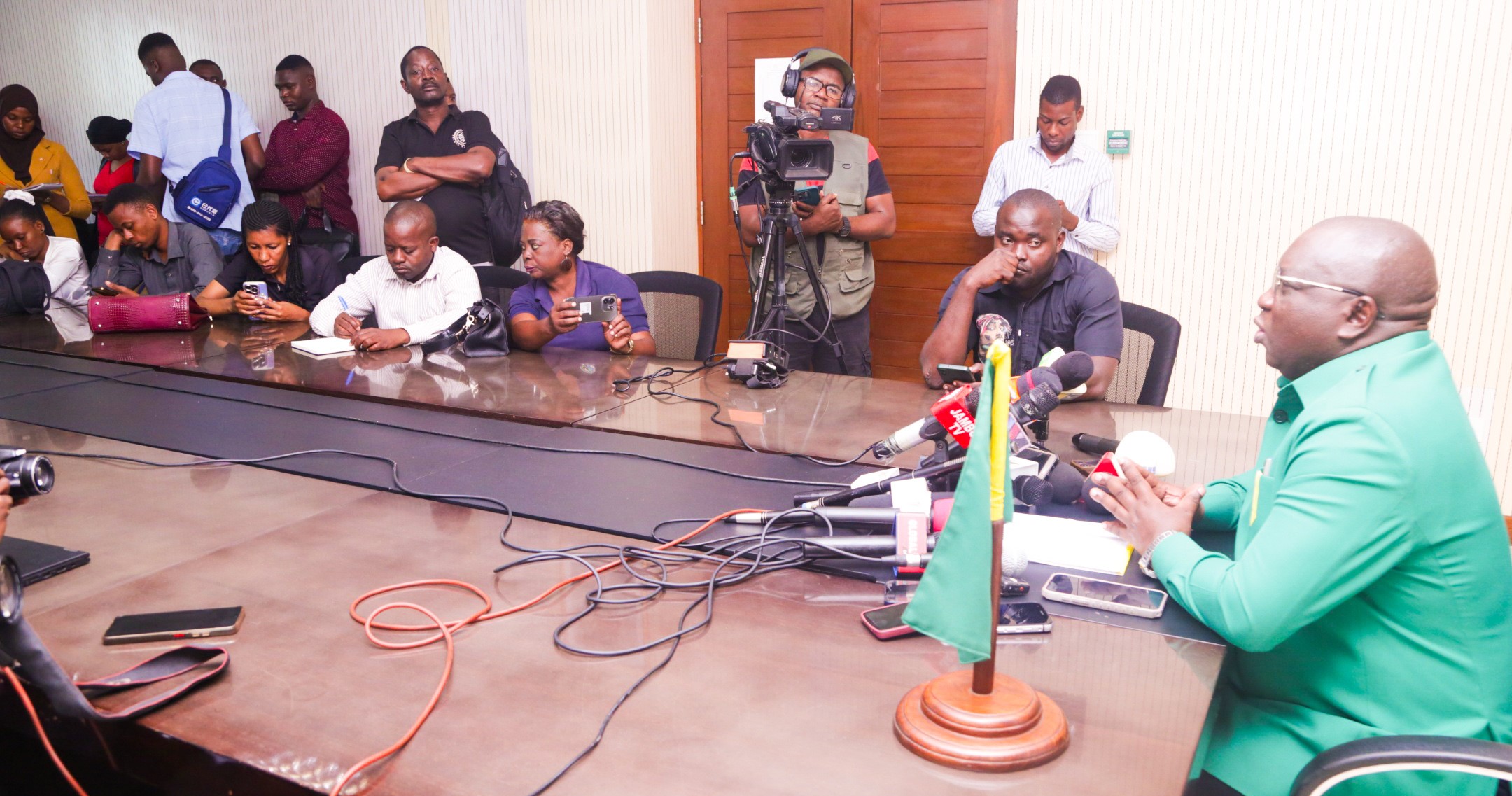Hoseah hails PCCB inclusion in proposed law

Constituent Assembly member from Zanzibar Asha Bakari endorses the draft proposed constitution when the assembly began voting on the document in Dodoma yesterday. PHOTO | EDWIN MJWAHUZI
What you need to know:
- PCCB’S LIMITED MANDATE: Currently there is the PCCB which works under the Office of the President for Good Governance. The bureau currently enjoys a mandate to operate on Tanzania Mainland but lacks the power to investigate or arrest any suspect who commits corruption-related crime in Zanzibar.
Dodoma. The director general of the Prevention and Combating of Corruption Bureau (PCCB), Dr Edward Hoseah, yesterday welcomed the inclusion of an anti-corruption body in the proposed new constitution.
The PCCB chief said the decision by the CA to include a body to combat in the envisaged Mother Law draft shows that members have recognised the bureau’s importance in the fight against corruption.
“We thank the MCAs and commend them for such a step that now entrench the agency in the supreme law,” he said.
Drafts Committee of the Constituent Assembly (CA) has bowed to pressure and finally incorporated an anti-graft unit into the final proposed draft constitution.
The move came follows a clamour from a majority of MCAs and an exposure of the glaring omission as captured last week by The Citizen.
The committee which is chaired by Bariadi East MP and former cabinet minister and Attorney General Andrew Chenge on Wednesday tabled the new constitution proposal which was silent on the establishment of anti-graft unit.
However, after scrutinising the draft, 10 out of 12 CA committees on Friday proposed that the agency be constitutionally established to speed up the fight against corruption in the country.
Yesterday, the Drafts Committee said they were convinced by the arguments of the majority of MCAs and added part four to the 15th Chapter of the Draft which has Institutions of Accountability to establish the anti-graft unit.
Now, Section 242 (1) of the draft reads that for the aim of preventing corruption, there should be an institution tasked with prevention and combating corruption.
Section 242 (2) tasked the Parliament to enact a law which will establish the regulations, structure and powers of the institution.
Member of the Draft Committee Mr Amon Mpanju told the house that they could not include Economic Sabotage related offences to the unit as majority of the committees had suggested. “While corruption is one thing, economic sabotage presupposes different offences, there are those which are handled by police and others by wildlife agencies; it is better to leave it the way it is,” he said.
The committees also suggested that the anti-graft unit should be granted with prosecution powers but Mr Mpanju said the standard practice in most of the countries are vested in one office and for Tanzania the office of Director of Public Prosecution (DPP).
“In some offences, the DPP can grant prosecution powers to other offices and in our current situation anti-graft unit is one of the offices which benefits from the system, and our opinion is for this to continue,” he said.
Currently there is the PCCB which works under the Office of the President for Good Governance. The bureau currently enjoys a mandate to operate on Tanzania Mainland but lacks the power to investigate or arrest any suspect who commits corruption-related crime in Zanzibar.
In neighbouring Kenya the anti-graft squad has the constitutional power to carry out investigations and arrest and prosecute suspects without seeking the consent of the Director of Public prosecution.



